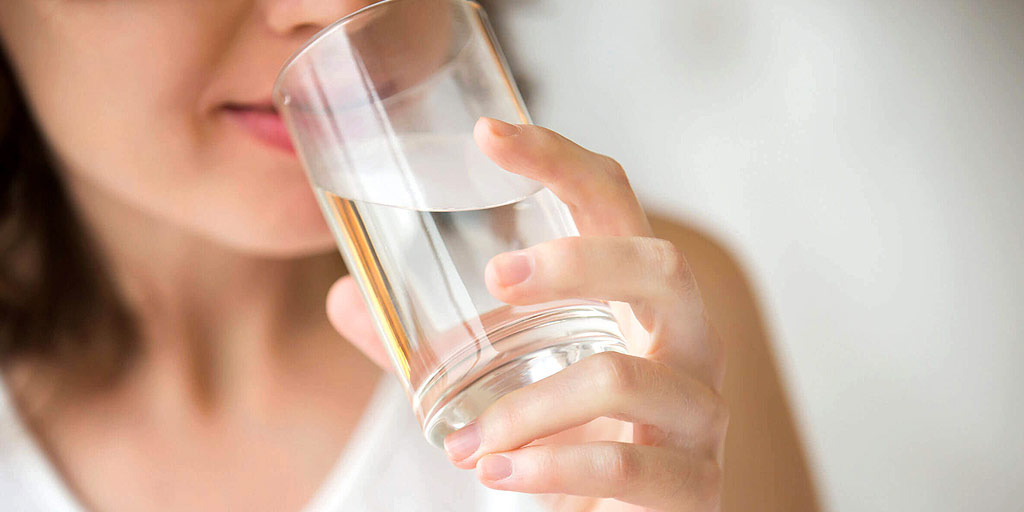We all know that rehydration is an important part of the makeup of your health and fitness, but how and when you hydrate is important. Hydrating at the wrong time, in the wrong way might have a less efficient effect and not get you back to peak performance in the way you need.
Today we’re taking a look at some of the questions around when you need to hydrate, to make sure you’re making the right choices you need to stay healthy and feel your best – without the need for a home test for dehydration!

What Can Dehydrate You?
If you’re going to know when to rehydrate, you need to know when you might be dehydrated. Our bodies are constantly losing water – while the big causes of dehydration are urination, sweat and sickness like vomiting and diarrhea, every time you breathe out, you exhale a haze of water vapour. This means that there are two kinds of risk to your hydration levels – active and passive.
Active risks to your hydration are things that directly deplete your fluid levels more than the usual attrition of your bodily processes. Exercise is an active hydration risk because it causes you to work up a sweat and lose lots of your fluid reserves. Illness is another – lots of health issues, from flus to food poisoning can cause feverish sweating, vomiting and diarrhea that all deplete your body’s fluid levels. Alcoholic drinks are another active threat your hydration – alcohol is a diuretic, which means it encourages your body to shed liquid – mostly urination, but also increased sweating!
The last, and perhaps most potent, threat to your hydration levels is hot weather. Heat waves can catch us unawares, with our usual hydration strategies insufficient to the challenge of temperatures that far above what you’re used to.
How to Hydrate
When you’re chronically or acutely dehydrated – rather than just thirsty, simply drinking water isn’t enough. You’ve not just lost water, you’ve lost the compounds your body keeps in that water – your electrolytes, which are used for important functions in the body like regulating your heartbeat and transmitting nerve impulses to your muscles!
When you’re facing an active threat to your hydration it’s worthwhile having some dedicated rehydration products on hand. Isotonic sports drinks or ORS rehydration tablets are formulated to contain the same mix of salts, sugars and other chemicals as your body’s water supplies, so they rehydrate you quicker and better.
Because they replicate your body’s natural chemical balance, they’re easy on the stomach, so if you’re ill (or suffering a hangover!) and wondering if it’s safe to take a rehydration product then you can be assured, rehydration drinks are the answer you’re looking for!